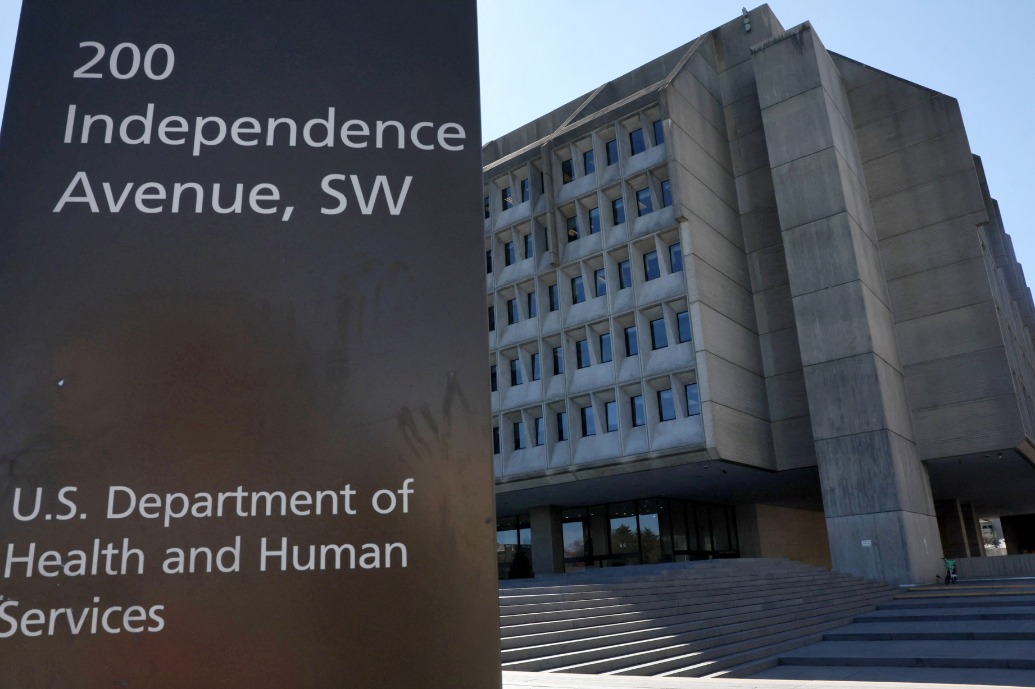Australia criticizes Trump tariff move, looks to domestic priorities


Australia reacted swiftly to tariff moves by US President Donald Trump on Thursday, with Prime Minister Anthony Albanese saying the measures "have no basis in logic" and "not the act of a friend," according to local media reports.
Australia's central bank also warned that US trade policies posed significant economic risks, hitting markets and raising costs for businesses.
Australia faced a baseline 10 percent tariff on imports imposed by the Trump administration as part of sweeping US trade moves that included higher duties on some of its largest trading partners.
With the country ruling out reciprocal moves against the United States, Albanese reinforced calls for Australians to buy domestic products following the tariffs, the Australian Associated Press cited him as saying.
"We will promote buying Australian is one way that we can respond. We can be proud of our products," he told reporters in Melbourne.
"We can't control what the US administration determines, but we can engage with them. This is a decision that they have made. It's one which we think importantly, is not in the interests of the United States," he said.
"We will respond, and I want Australians to respond this way as well, in a careful, calibrated and mature way".
Australia's trade with the US makes up about 5 percent of its exports. A free trade agreement signed between the two countries means most Australian goods can currently enter the US duty-free and US products can enjoy similar treatment.
Albanese pointed out that Australia would not compromise on its biosecurity arrangements or pharmaceutical deals in exchange for reduced tariffs.
"We are using every asset at our disposal: ministers, people in departments, our embassy in Washington DC, our business community links and our other links as well to advance Australia's national interests," he said.
The Reserve Bank of Australia, in its semi-annual financial stability review, also cautioned that the uncertainties with US trade policies and the reprisals they may trigger could impact businesses and household spending.
"Vulnerabilities in key international financial markets could be crystalized and lead to disorderly price adjustments," the central bank said.
"A sharp repricing of risk, from the current low levels, could abruptly increase borrowing costs for corporations and exacerbate financial challenges," it added, noting that the non-bank lending sector could be more at risk.
Agencies contributed to the story.

































